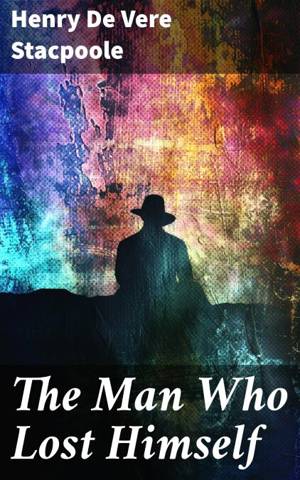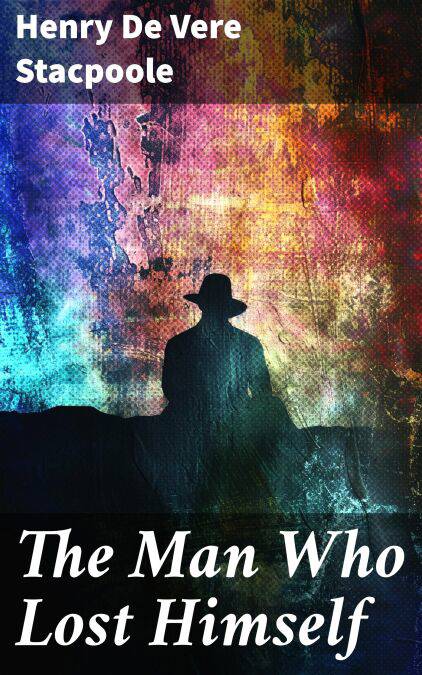
- Afhalen na 1 uur in een winkel met voorraad
- Gratis thuislevering in België vanaf € 30
- Ruim aanbod met 7 miljoen producten
- Afhalen na 1 uur in een winkel met voorraad
- Gratis thuislevering in België vanaf € 30
- Ruim aanbod met 7 miljoen producten
Zoeken
The Man Who Lost Himself E-BOOK
An Identity Crisis Unraveled: A Psychological Thriller of Lost Identity and Personal Transformation
Henry De Vere Stacpoole
E-book | Engels
€ 1,99
+ 1 punten
Uitvoering
Omschrijving
In 'The Man Who Lost Himself,' Henry De Vere Stacpoole weaves a compelling narrative exploring the themes of identity, loss, and self-discovery. The prose flows with a lyrical quality, capturing the psychological intricacies of its protagonist as he grapples with the disorienting effects of amnesia. Set against the unyielding backdrop of early 20th-century Europe, the novel immerses readers in a world where societal norms clash with personal revelations, inviting contemplation on the nature of memory and existence. Stacpoole's deft storytelling is enriched by vivid descriptions and a keen sense of environment, providing a nuanced portrayal of both the character's woes and an era grappling with modernity. Stacpoole, an Irish author best known for his evocative narratives, draws upon his diverse life experiences, including his time spent in various countries and his background in medicine, to craft authentic characters and emotional arcs. The novel reflects his fascination with the human psyche and the poignant moments that shape our lives. These elements, coupled with Stacpoole's literary influences, culminate in a work that resonates with themes of existential inquiry and the fragility of human consciousness. This book is a must-read for fans of psychological fiction and anyone interested in the nuances of identity and the human experience. It invites readers to embark on a thought-provoking journey filled with rich imagery and profound insights. Stacpoole's exploration of the self, combined with his masterful storytelling, makes 'The Man Who Lost Himself' a significant contribution to early 20th-century literature.
Specificaties
Betrokkenen
- Auteur(s):
- Uitgeverij:
Inhoud
- Aantal bladzijden:
- 194
- Taal:
- Engels
Eigenschappen
- Productcode (EAN):
- 8596547787655
- Verschijningsdatum:
- 22/12/2023
- Uitvoering:
- E-book
- Beveiligd met:
- Digital watermarking
- Formaat:
- ePub

Alleen bij Standaard Boekhandel
+ 1 punten op je klantenkaart van Standaard Boekhandel
Beoordelingen
We publiceren alleen reviews die voldoen aan de voorwaarden voor reviews. Bekijk onze voorwaarden voor reviews.











